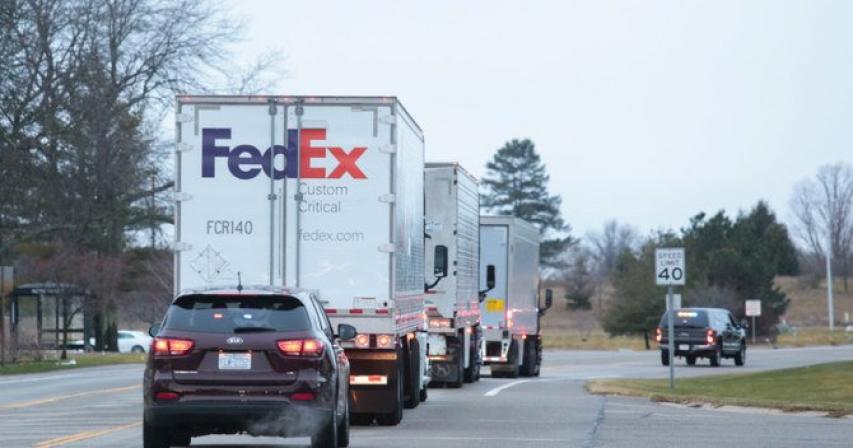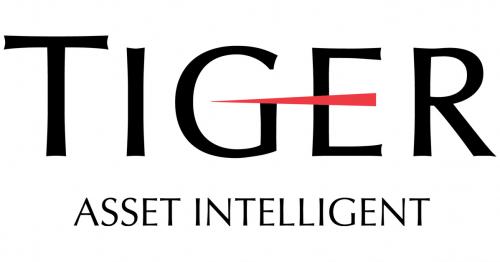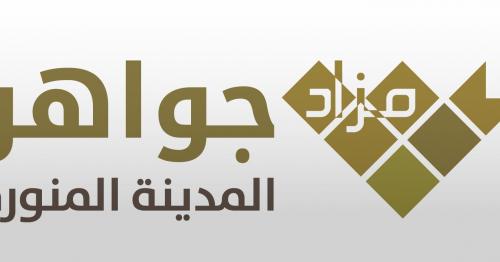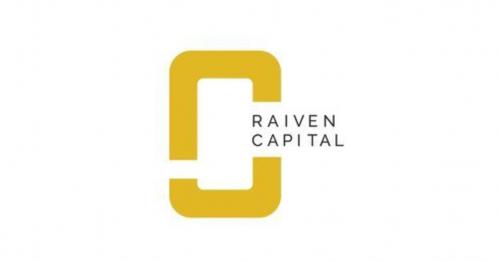Saudi Arabia declares victory over coronavirus

JEDDAH: Saudi health officials declared victory over the coronavirus on Sunday and said COVID-19 was under control.
The Kingdom recorded only 139 new cases of infection, the first time the figure has been under 150 since the pandemic began to take hold in March.
The Ministry of Health’s weekly confirmed COVID-19 case map shows that almost all of the Kingdom’s regions are in the “safe zone,” recording numbers below 50 throughout the past week and more.
“We’re among the countries with noticeable control and decrease in cases,” ministry spokesman Dr. Mohammed Al-Abd Al-Aly said during a press conference.
“The Kingdom now has more control over the pandemic. This achievement is due to the community’s adherence to the measures put in place. It wouldn’t have been possible without coordination between the community and relevant authorities in the face of this pandemic to ensure everyone’s health and safety,” he said.
The first batch of the Pfizer-BioNTech vaccine against the virus is due in the Kingdom in days, and Al-Aly urged everyone to come forward for inoculation even if they had recovered from COVID-19.
“Data reports from around the world about the vaccines are showing good signs,” he said.
“Vaccines are important to ensure the safety of the community and public health. We reiterate the call for all to get the vaccine, including those who have recovered.”
“We reiterate the call for all to get the vaccine, including those who have recovered,” said the spokesman.
“There are no studies that can confirm or deny a second infection after some time has passed from their initial diagnosis,” he said.
He said that no health examinations were needed before taking the vaccine and individuals who register for the vaccine will go through the usual questions about their health.
Dr. Adel Al-Harf, vice president of the SFDA, said that those aged 16 and above are the targeted group that are advised to take the vaccine, and that vaccines will be administered in two doses with an interval of 20 days between each dose to achieve the maximum benefit.
According to Al-Harf, the Pfizer vaccine will only be available at government hospitals initially, and they will work with the relevant authorities to provide it to private hospitals in due time.
The numbers brought the total number of cases in Saudi Arabia to 359,888 in total. Also, 202 new recoveries were reported on Sunday, raising the total number of recoveries to 350,549 in total. The Kingdom’s recovery rate is at 97.4 percent.
Another positive indicator is the number of critical cases, which has fallen below the 500 case mark. There are currently 3,291 active cases, 499 of which are in critical care. Twelve new fatalities were reported, raising the infection death toll to 6,048.
Global rollout
Vaccines are likewise being rolled out elsewhere in the world.
Authorities in Bahrain on Sunday approved a COVID-19 vaccine developed by the Chinese state pharmaceutical group Sinopharm and launched online registration for the vaccine for citizens and expats.
The UAE began a Phase III clinical trial of a Sinopharm vaccine in July, which was expanded to Bahrain, Jordan and Egypt, and approved the vaccine this month.
Bahrain has also approved the Pfizer-BioNTech vaccine, and health authorities in Kuwait did so on Sunday.
In the US, the first batches of COVID-19 vaccine left in a convoy of refrigerated trucks from the Pfizer plant in Kalamazoo, Michigan, as the country began fighting back against a surging pandemic that is claiming more than 2,400 American lives a day.
Mask-wearing staff packed the first shipments of the vaccine in dry ice and workers applauded and whistled as the first boxes headed to the trucks. The boxes then were loaded on to FedEx and UPS planes to be distributed across the country. US hospitals are preparing for the first inoculations on Monday, but it will be months before most Americans can get a COVID-19 vaccine.
Healthcare workers and elderly residents of long-term care homes are first in line.
More than 100 million people, about 30 percent of the US population, could be immunized by the end of March, US Operation Warp Speed chief adviser Dr. Moncef Slaoui said.
Health officials will also have to overcome widespread hesitancy about the new vaccines, with many Americans concerned about the record speed at which they were developed.






Comments